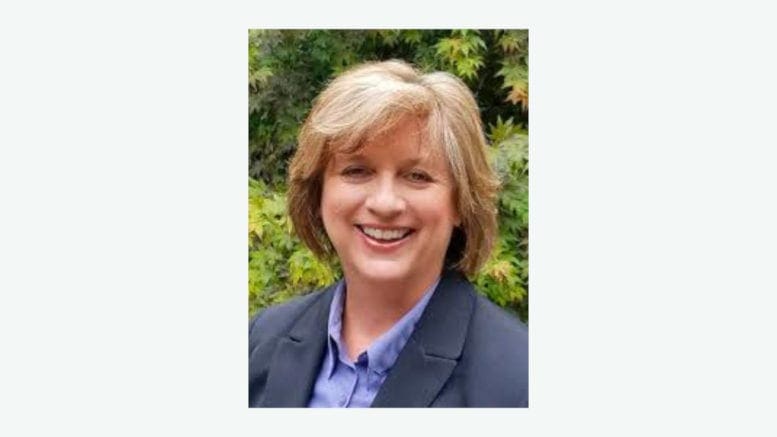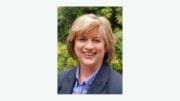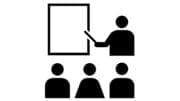[This guest article is by Melanie Dallas LPC, the CEO of Highland Rivers Behavioral Health]
By Melanie Dallas, LPC
If you’ve ever read an organization’s annual report, you know they typically provide a summary of the previous year’s accomplishments, highlights from various programs and services, and a financial statement with revenue and expenses.
Highland Rivers Behavioral Health’s just-published annual report for Fiscal Year 2022 – the 12 months from July 1, 2021 to June 30, 2022 – includes all of those things, but also much more. In fact, our annual report represents somewhat of a departure from typical public-sector annual reports and helps position our agency for a future that will demand flexibility, enhanced local collaboration and ongoing innovation.
As you may know, our agency saw some significant organizational changes during FY22 with the integration of Haralson County Behavioral Health Services and Cobb County Community Services Board, and our subsequent rebranding as Highland Rivers Behavioral Health. These consolidations added more than 200 staff to the Highland Rivers team. We also expanded our governing board from 14 to 18 members, adding four new representatives from Cobb County in recognition of both its large population and substantial annual financial allocation from the Cobb board of commissioners.
While all of those developments could fill the pages of an annual report on their own, it is the value of these changes that is highlighted in our report – increased revenue that supports increased local investment, the capacity to serve many more individuals across our service area, the ability to scale innovation (with such programs as co-response), and the ability to enhance services to veterans. Yes, we added staff, but more important, we added value – value that will benefit the communities and people we serve.
Another section of our report includes all of our program brochures, reformatted as one-page fact sheets, that not only provide a handy reference about our service lines (mental health treatment, substance use recovery, crisis stabilization, services for individuals with intellectual and developmental disabilities, child and adolescent services, etc.), but also help educate our communities about the variety of services we provide and how to access them.
But the section of the report I believe is most compelling is the 14 pages containing detailed profiles of each county we serve, as well as a profile of the agency as a whole. These county-level profiles include population demographics – age, race and gender – as well as median income, poverty rates, Medicaid enrollment, veterans in the county, and the number of county residents affected by mental health challenges and substance use disorders. Each also includes a listing of facilities and services in the county, local jobs we provide, Highland Rivers’ annual investment in the county and the allocation from each county to our agency.
Toward that end, while we receive some state funding, the majority of our annual revenue comes from billing insurance and Medicaid for the services we provide (also in the report). County governments are not required to allocate any funding to our agency (or any Community Service Board in Georgia); some do anyway, but most do not.
However, these county profiles will allow us to start having conversations with local leaders about local funding. The fact is, Highland Rivers Behavioral Health invests millions of dollars in every county we serve and we want to enhance our partnerships with our county governments, ensuring that we are able to most effectively tailor our services to the needs of each county’s residents, and to the identified priorities of local leaders.
In this sense, while the Highland Rivers annual report provides a review of the past fiscal year, it is also forward-looking and built around transparency – both of which are critical values for us.
Our FY22 annual report is available on the Highland Rivers Behavioral Health website at https://highlandrivers.org/wp-content/uploads/2022/11/Highland-Rivers-Behavioral-Health-FY22-Annual-Report.pdf. I hope you will take the opportunity to learn more about our agency and the value of our services to each community we serve, now and in the future.
Melanie Dallas is a licensed professional counselor and CEO of Highland Rivers Behavioral Health, which provides treatment and recovery services for individuals with mental illness, substance use disorders, and intellectual and developmental disabilities in a 13-county region of northwest Georgia that includes Bartow, Cherokee, Cobb, Floyd, Fannin, Gilmer, Gordon, Haralson, Murray, Paulding, Pickens, Polk and Whitfield counties.




